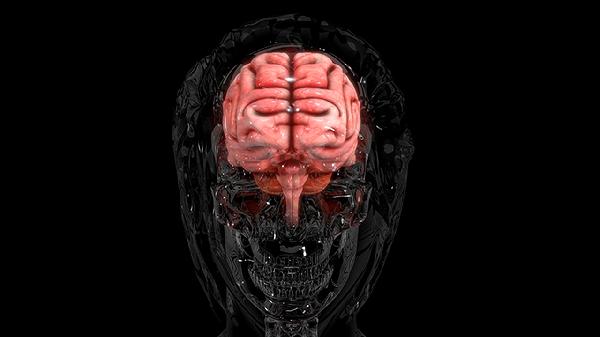Everyone knows that children are fragile. Children need a healthy environment to grow up in. Any issues that arise during their growth can lead to significant problems in adulthood. When children are young, it's essential to observe whether they exhibit any symptoms, such as various forms of depression or other conditions. Early detection and treatment can prevent future regrets. There's no "regret medicine" in the world, so it's crucial for parents to pay attention to their children's development and lay a strong foundation for their future. One condition that children are prone to developing is autism, which is difficult to detect and usually doesn't show obvious signs until they undergo medical examinations. By the time it's discovered, it might be too late, and the difficulty of treatment increases significantly. So, how can you tell if your child has autism? Here’s a brief explanation.

Autism typically manifests in children before the age of three. Children generally exhibit atypical interests or behaviors and activities. At least two of the following symptoms must be present for a diagnosis of autism:
1. Fixation on specific dates, advertisements, or weather forecasts.
2. Uncontrollable attachment to certain objects or things.
3. Repetitive, stereotyped actions and postures, like a scripted routine.
4. Excessive interest in non-essential parts of objects, such as their smell, texture, the sound they produce, or noises.
5. Insistence on maintaining their usual living environment and refusal to change settings, preferring to stay alone in a specific environment.
Autism also involves social interaction difficulties. If a child exhibits two or more of the following symptoms, it can be considered autism. For example, in social situations, they may feel extremely isolated and lack obvious social emotions or reactions. They may struggle to establish normal emotional exchanges with friends, classmates, or even parents. They may not use eye contact, facial expressions, gestures, or postures to interact normally with others. They may have difficulty forming partner relationships or closer sibling bonds with other children. When facing setbacks or illnesses, they may not seek comfort or support, nor will they offer support or comfort to others when they are distressed. They might appear emotionally detached. Some children may develop language skills normally before the age of two but then encounter significant communication barriers afterward.
























